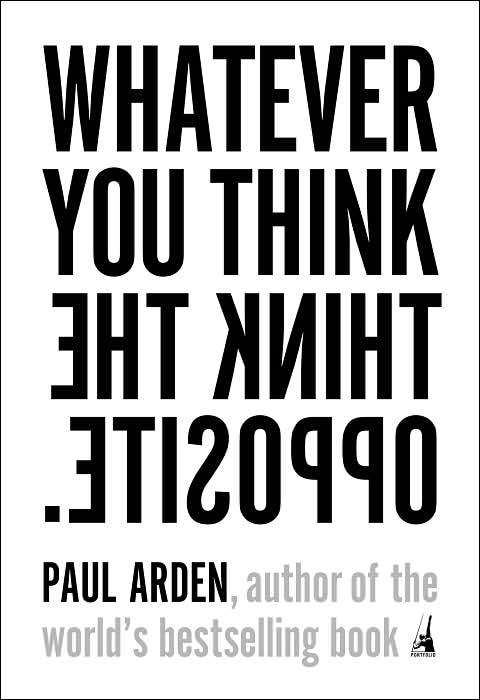"When you look back there will be things you will regret.
You made the wrong decision.
Wrong.
You made the right decision.
Life is about decisions.
- Am I going to have the practical car or the fast car?
- Shall I go to college or get a job?
- Will I have wine, beer or water?
Whatever decision you make is the only one you could make.
Otherwise you would make a different one.
Everything we do we choose.
So what is there to regret?
You are the person you choose to be."



